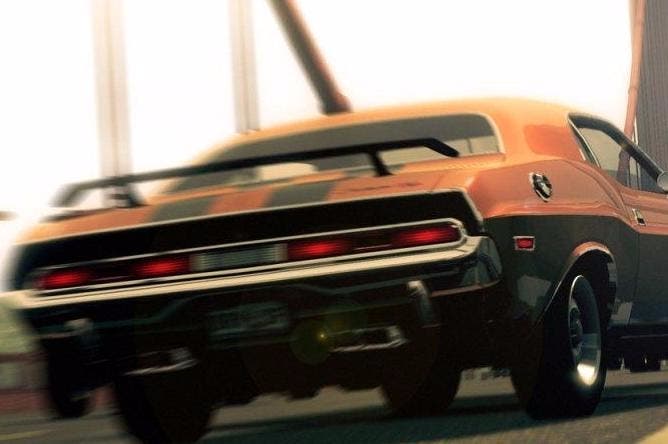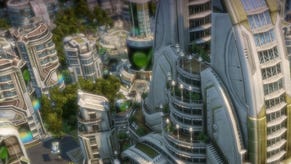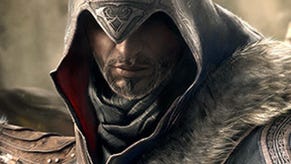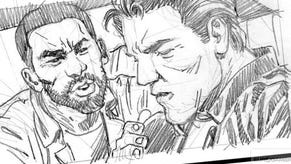Let's raise a glass to Ubisoft's other open world game set in San Francisco
Driven.
The moment you know that Driver: San Francisco is a special game is when it asks you to finish first, second and third in the same single race. But, in truth, you'd probably already had a fair inkling of its greatness well before that point: you'd feel it in the precision drifts of your Dodge Challenger, or in the squat thud as you pound over one of the city's hills and land a graceful jump. Driver: San Francisco is a game that's incredibly easy to fall in love with.
Maybe it helps that it's something of an unlikely hero. Coming off the back of Parallel Lines, a game that only ever really looked good in comparison to the preceding, truly disastrous Driver 3, Driver: San Francisco was always going to have its work cut out. When news of its premise first emerged, it seemed developer Reflections had set itself on a course that was almost suicidal.
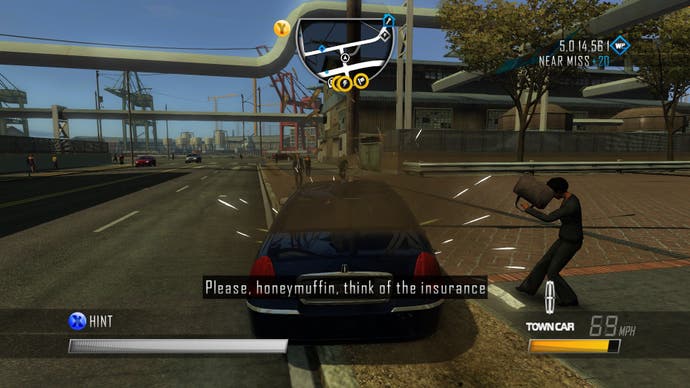
Even now, five years on, it seems unbelievable that Driver: San Francisco ever saw the light of day. It seems inconceivable that people of sane mind and body with millions of development money at their disposal sat in board rooms and all nodded sagely as the grand plan was laid out before them. Let's make a driving game where the hero spends almost the entirety of its running time in a coma! Because why ever not.
Because it is a brilliant idea, once you've got over how patently ridiculous it is. Here's an open world game where you're given unfettered freedom, where you have the ability to break loose of your corporeal confines and float dreamily above the city, picking and choosing whatever ride takes your fancy next. Partly it seemed like a neat excuse to sidestep previous Driver's notoriously ropey on-foot sections, but mostly it's about empowering the player in the most fantastical way.
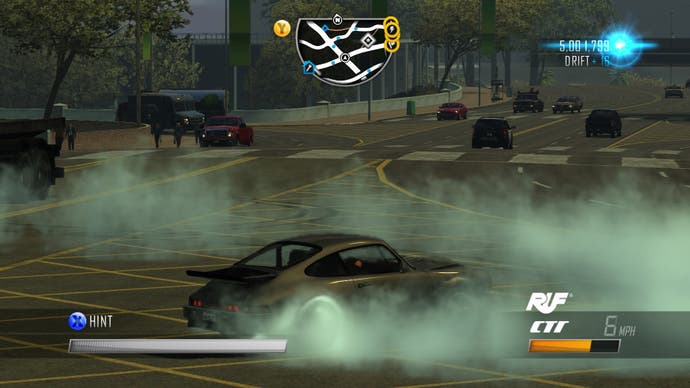
Open world games like GTA are often at their most purely enjoyable when you fumble in a code to magically teleport a rocket launcher in your hands or a helicopter by your side. Driver: San Francisco is an open world game where the greatest cheat code ever conceived is already unlocked by default; it's a sandbox that gives you the ultimate power from the off. It's no wonder that, five years on, Driver: San Francisco is the only game that can tear my niece and nephew away from Minecraft as they flit from car to car and chase each other across the city in the accompanying split-screen mode. Here's a game that encourages you to play with the unbounded imagination and diminished attention span of a child, tossing cars aside as you root around for whatever else is in the toybox.
What keeps you grounded is Driver: San Francisco's impeccable handling. It's deceptively light at first, but its approachability shouldn't be seen as signs of a lack of depth. Instead, Reflections took the cinematic dynamics of the original PlayStation Driver to their final form, delivering a world of heavy tail-ends and thick plumes of tire smoke billowing from wheel arches. Even today it stands as a high watermark for handling in open world games, its cars nudging you towards the lurid heroics that make any high-speed chase feel truly special.
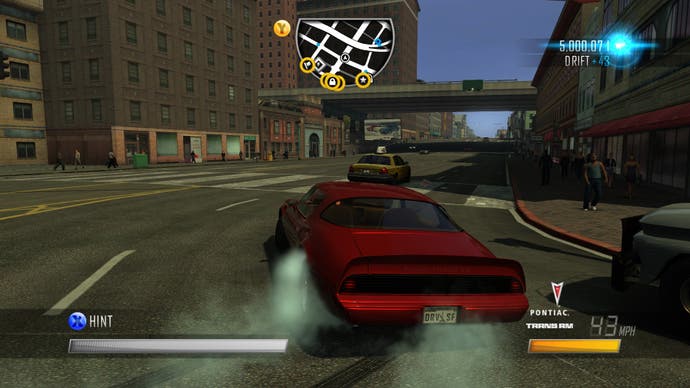
There's an effortlessness to Driver: San Francisco which extends out well beyond its core. It's a zany game, but not in a forced way. Instead, there's something genuinely, brilliantly eccentric about Driver: San Francisco, and it wears its unlikely central device like the set-up of a sitcom. You're able to transport to countless vignettes across the city, the small sketches that ensue - finding yourself in the body of an elderly man as he takes his driving test, or in the middle of a bickering couple's argument - feel like Quantum Leap as if it had been commissioned by the BBC's comedy department in the 70s.
Walter Hill's The Driver might have lit the touchpaper for this series - creator Martin Edmonson, who returned briefly to Reflections for this game, was besotted with the film having been smuggled into a screening as a kid - but the tone of Driver: San Francisco feels more Dick Emery than Ryan O'Neal with its bawdy comedy.
Reflections continues to do fine work, even as it's been pushed a little to the shadows as it lends its expertise to games as diverse as The Crew and Ghost Recon: Wildlands while working on delightful experiments such as Grow Home and its sequel, while Driver: San Francisco gets some small lip service in Watch Dogs 2 as it lends its name to that game's taxi service. Maybe it's time for it to step up again for another fully-fledged Driver, and prove that the series' last outing wasn't just some outrageous fever dream.
